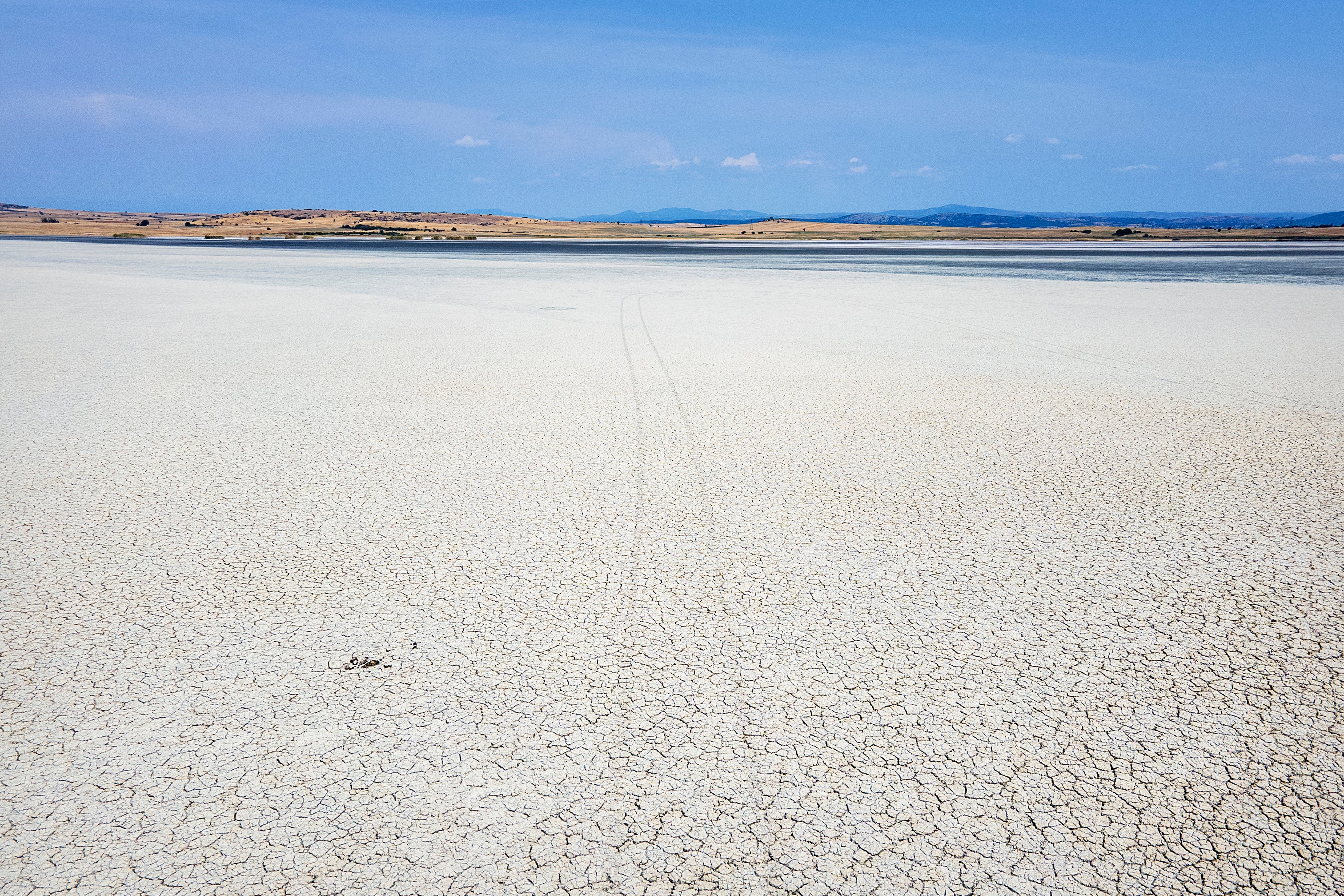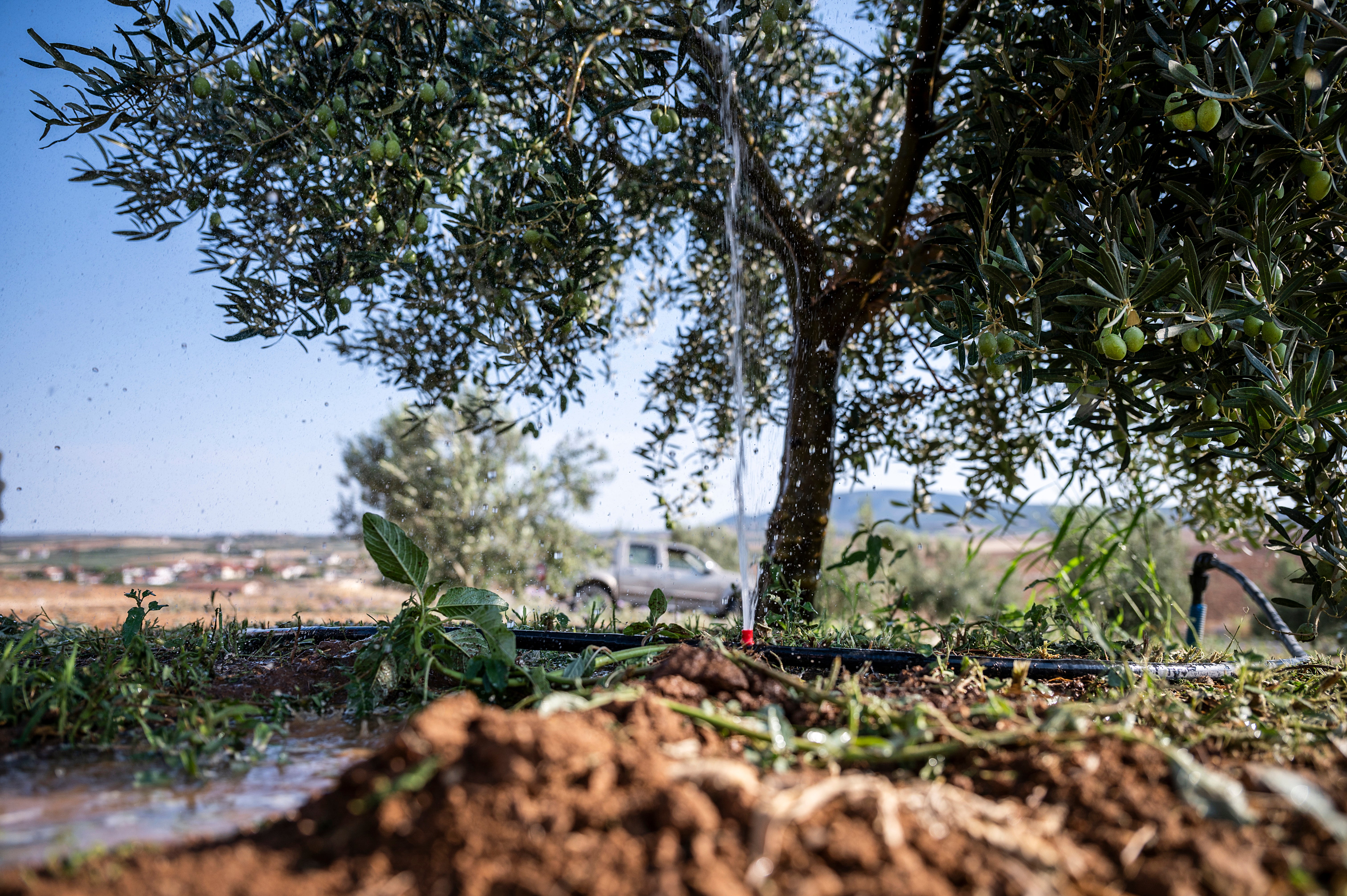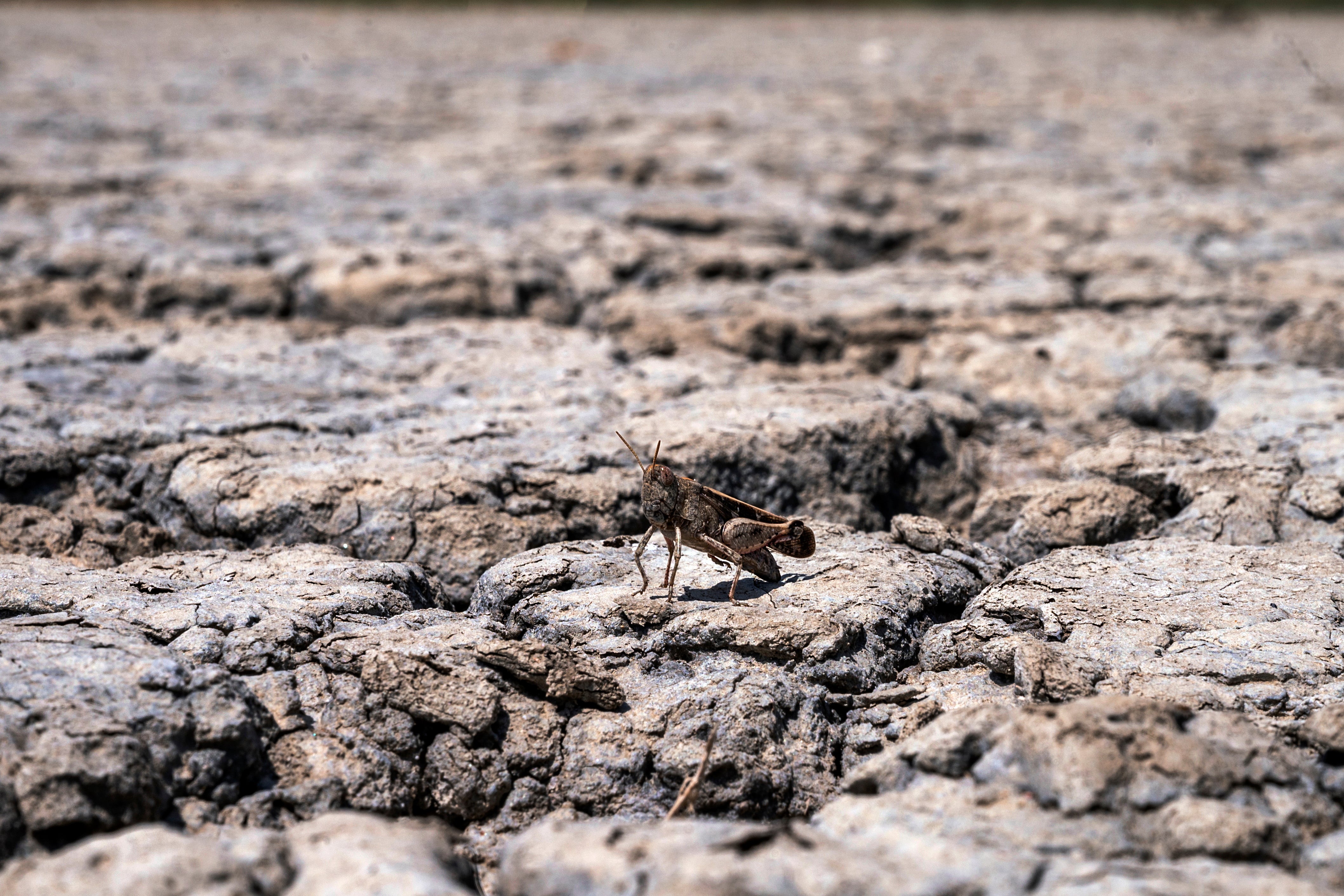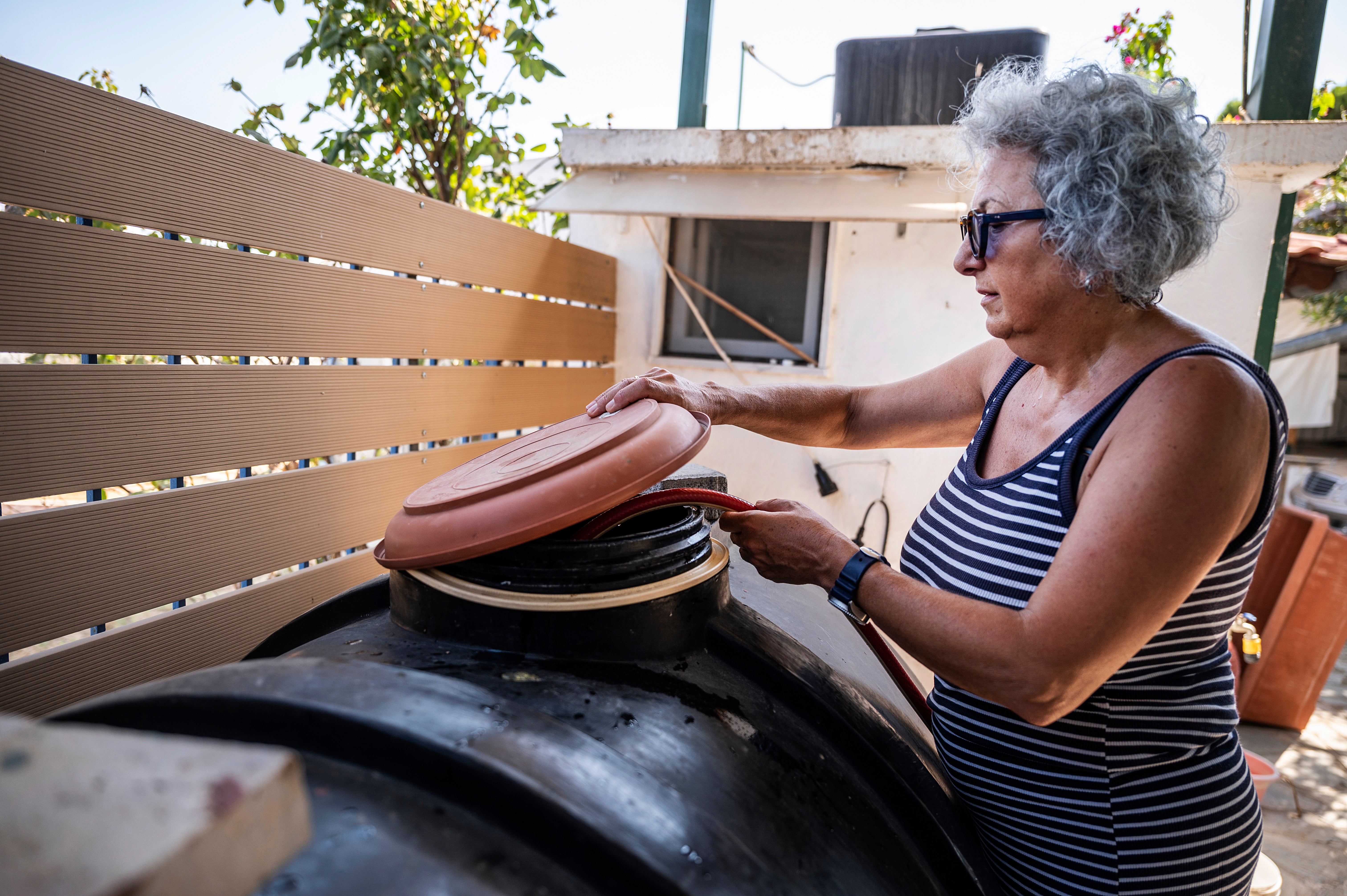Greece struggles with water shortages thanks to climate crisis and overtourism
Olive groves are drying up

Your support helps us to tell the story
From reproductive rights to climate change to Big Tech, The Independent is on the ground when the story is developing. Whether it's investigating the financials of Elon Musk's pro-Trump PAC or producing our latest documentary, 'The A Word', which shines a light on the American women fighting for reproductive rights, we know how important it is to parse out the facts from the messaging.
At such a critical moment in US history, we need reporters on the ground. Your donation allows us to keep sending journalists to speak to both sides of the story.
The Independent is trusted by Americans across the entire political spectrum. And unlike many other quality news outlets, we choose not to lock Americans out of our reporting and analysis with paywalls. We believe quality journalism should be available to everyone, paid for by those who can afford it.
Your support makes all the difference.Six weeks before harvest, there’s no water left in the ground for farmer Dimitris Papadakis’ olive grove in northern Greece, so he has started a new morning routine.
Joined by his teenage son, he uses a truck to bring water from nearby areas. Using a small generator, he connects the vehicle to irrigation pipes to save what’s left of his thirsty crop.
“Our boreholes have almost dried up ... We now depend on tankers to irrigate our fields,” says Papadakis, who heads an agricultural cooperative in a village in Halkidiki, a three-fingered peninsula in northern Greece which is popular with tourists.
This summer, southern Europe has been hammered by successive heat waves, following on from below-average rainfall for up to three years. Drought spots on the map of the region have expanded. In Greece, the effects include water shortages, dried-up lakes, and even the death of wild horses.

The groundwater beneath Papadakis’ 270 olive trees is dwindling and becoming brackish, with the drought expected to cut his expected yield in half.
The water crisis has been exacerbated by a booming tourist season.
In Kassandra, the westernmost finger of the peninsula, the year-round population of 17,000 swells to 650,000 in the summer, placing unsustainable pressure on water resources.
“We’ve seen a 30-40% reduction in water supply following three consecutive winters with almost no rainfall,” says local mayor Anastasia Halkia.

Haroula Psaropoulou owns a home in the area, in the seaside village of Nea Potidea. She says it’s hard to cope with frequent household water cuts that may last up to five days during the searing heat.
“I recycle water from the bathroom sink and from washing, and I use it for the plants,” the 60-year-old Psaropoulou says. “I’ve also carried water from the sea for the toilet.”
According to the European Union’s Emergency Management Service, acute drought conditions currently exist around the Black Sea, stretching westward into northern Greece.

Along the Evros River, which divides Greece and Turkey, severe drought means the delta now has higher levels of seawater. The extra salt is killing the wild horses that depend on the river for drinking water.
“If the horses go without water for a week, they die,” says Nikos Mousounakis, who is leading an initiative to create freshwater drinking points for the horses. “Some of them are still in bad shape, but we hope that with continued help, they’ll recover.”
Until recently, Lake Picrolimni in northern Greece was a popular destination for mud baths, but this summer it’s a shallow basin of cracked earth, dry enough to hold the weight of a car.
“It hasn’t rained for two years now, so the lake has totally dried up,” says local municipal chairman Costas Partsis. “It used to have a lot of water. People came and bathed in the muddy water. The clay has therapeutic properties for many ailments. No one came this year.”
Nearby, Lake Doirani straddles Greece’s northern border with North Macedonia. The shoreline has receded by 300 meters (yards) in recent years. Local officials are pleading for public works to restore the river’s water supply, echoing calls from experts who argue that major changes in water management are needed to mitigate the damaging effects of climate change.

“We’re experiencing a prolonged period of drought lasting about three years now, due to lower rainfall and snowfall, a result of the climate crisis and poor water management,” says Konstantinos S. Voudouris, a professor of hydrogeology at the University of Thessaloniki. “The solution lies in three key words: conservation, storage, and reuse.”
Voudouris argues that outdated water networks are losing too much water and that infrastructure improvements must focus on collecting and storing rainwater during the wet season, as well as reusing treated wastewater for agriculture.
“These drought phenomena will return with greater intensity in the future,” Voudouris said. “We need to take action and plan ahead to minimize their impact… and we must adapt to this new reality.” ___ Follow AP coverage at: https://apnews.com/climate-and-environment